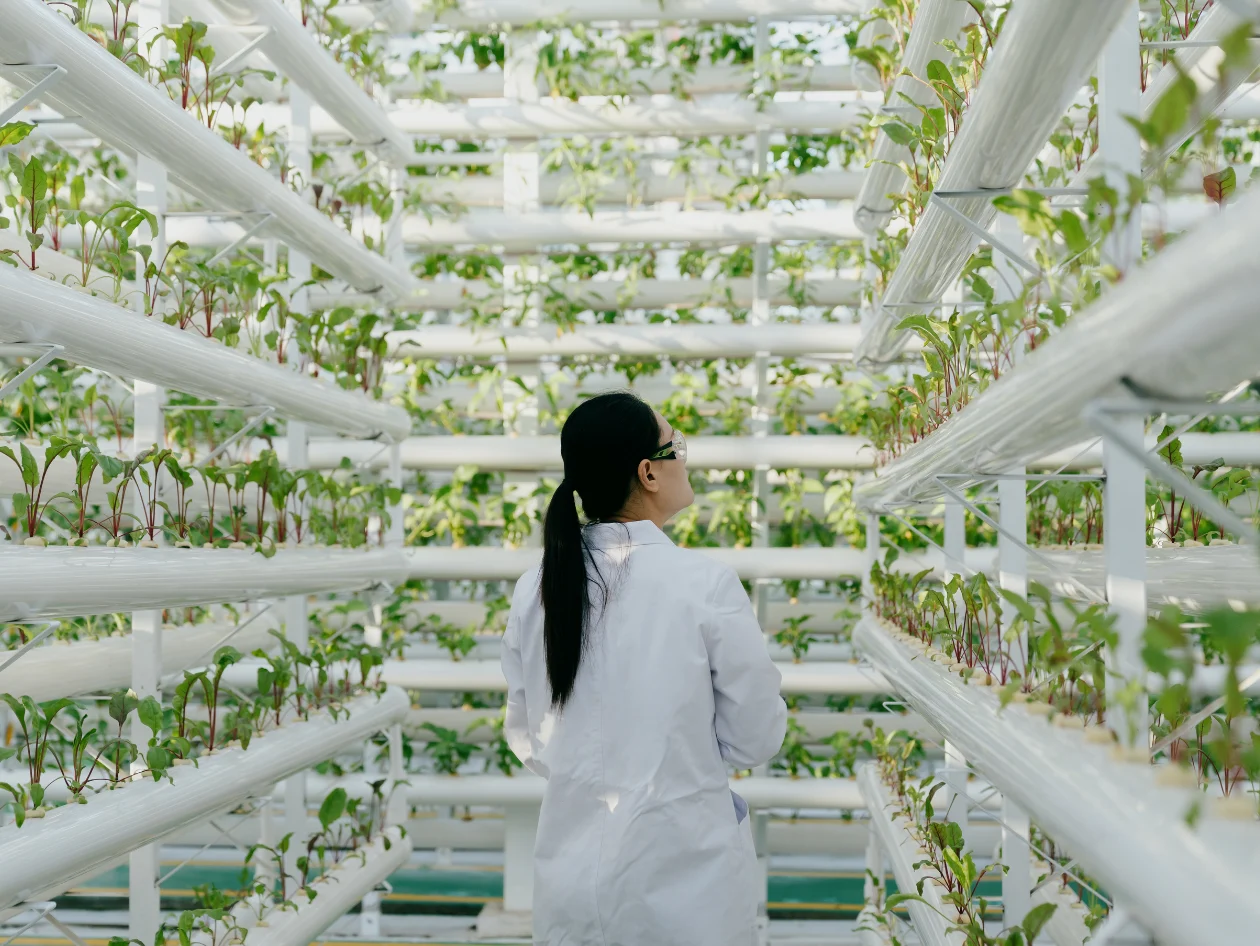Agriculture, food & wine

SA exhibits strong structural and institutional advantages in Agriculture, Food & Wine—supported by a globally competitive agri-food ecosystem and strong research capabilities.
University–industry alignments exist in Agriculture and Wine Manufacturing activities
Several agri-food sectors present both the university and SA with strategic opportunities for economic complexification








